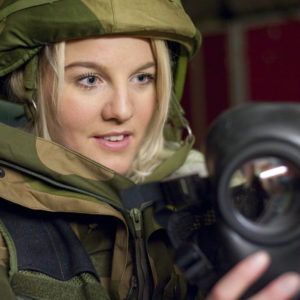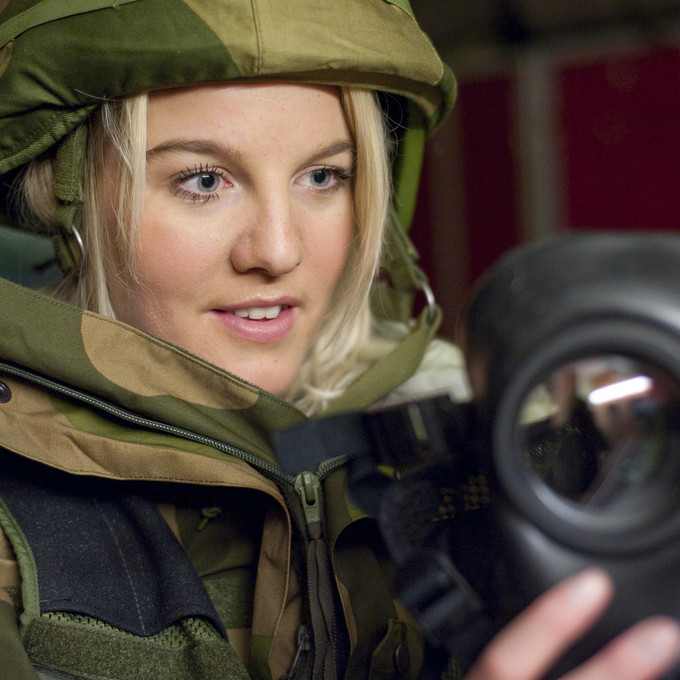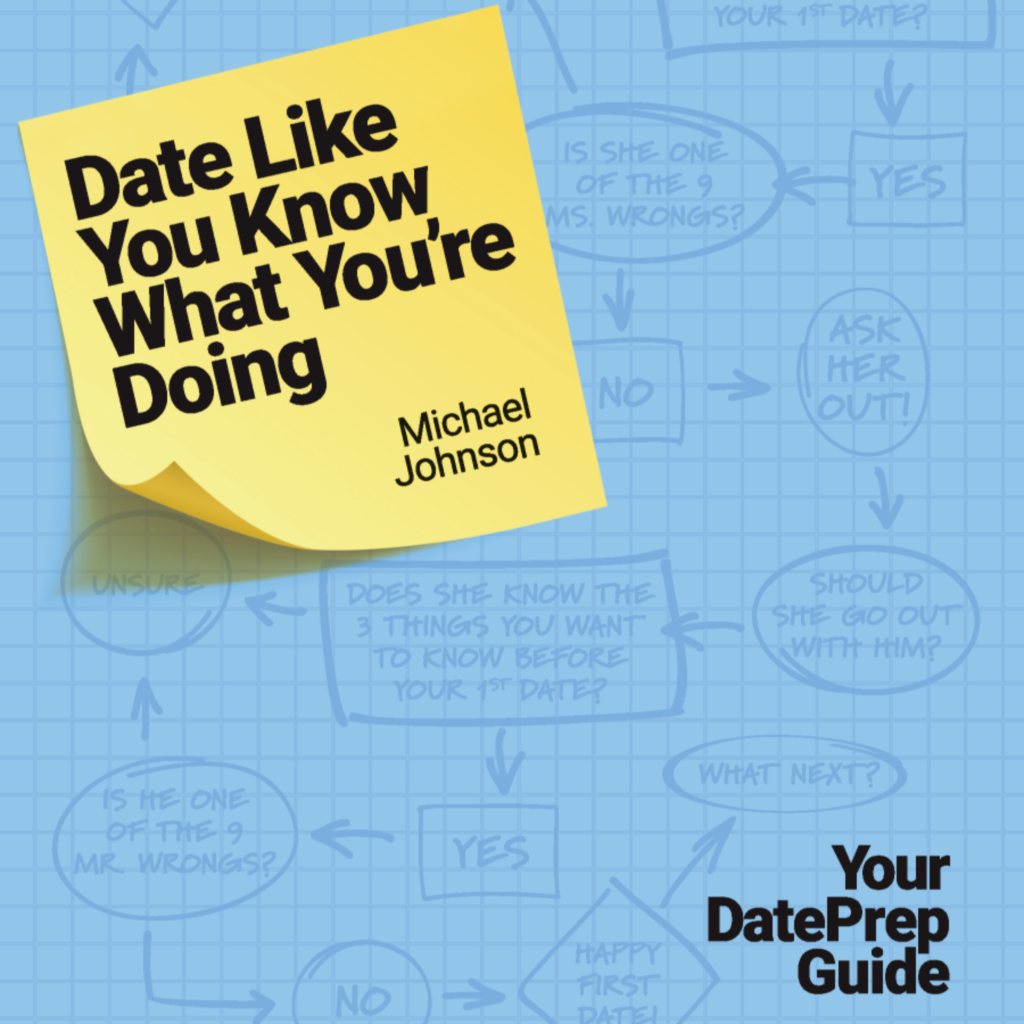 Are you in love or just infatuated?
Are you in love or just infatuated?
How do you tell whether your love is true?
What does your heart tell you?
How would you know what your heart was telling you?
What if it’s not your heart doing the talking?
What if it’s just gas?
What if it feels like laughing gas at first, but turns out to be poison gas?
Or worse: what if it turns out to only be your gonads?
Why is it so hard to tell whether you’re really in love or not?
Probably because the neurochemical impact of being “in love,” is so similar to the neurochemical impact of being drunk, or terrified, or high or dizzy.
And yet it is these wily emotions we believe will reveal the answer to the question: is this true love?
Presumably the right feelings will direct us to the right person.
Never mind that our own personal experience contradicts this proposition, as we’ve been faithfully following these passions since we were 13 (or three), and have yet to find they’ve led us anywhere other than steamy, but sadly transient relationships. (At best.)
The track record of romance-driven modern love echoes God’s word, “The heart is deceitful!” And yet man and womankind continue pursuing romantic sensibilities into marriages which all too frequently end in disillusionment at best, and divorce at worst.
So what’s the answer to the question: Are you in love or just infatuated?
Learning to grow in relational intimacy.
That’s it.
That’s the answer.
If you want to know if your love is true, it has to be based on facts and not feelings, and acquiring these facts requires the transparency, vulnerability and honesty of relational intimacy.
But the truth? Few of us want to be transparent, vulnerable or honest. Not completely anyway.
That’s why it’s easier to relate online where we can better control what people see. That’s why it’s easier to sit around talking about our favorite TV shows or movies, in between sharing our favorite YouTube videos, than it is to share what drama is going on in our own lives.
Do you want to know if you’re in love or just infatuated? Then you want to know facts like these in regards to your love interest:
- Is this person truly admirable (for their character, not their complexion)?
- Are they honest?
- Are they humble?
- Are they growing and maturing over time?
- Does this person talk about other people behind their back?
- How well do they deal with failure (both their own and that of those whom they believe have failed them)?
- Does this person have standards based on love and not legalism?
- Do they hold grudges?
- Does this person have baggage from the past they refuse to deal with (or worse, seem unaware of)?
That’s just a couple of the many facts you want to gather about the person with whom you’re questioning your feelings. If your answers to any of the above questions is not favorable or if you don’t know either way, then you are not in love. You are infatuated.
Your feelings are causing you to hope or assume things you factually do not know. This is why romance is one of the most deadly of the intimacy impostors. Most succumb to it’s noxious poison, before they have time to put on their gas mask.
But wait, that’s not all the facts that matter. Those facts are about them, but what about YOU?
We’ll talk about that NEXT week. In the meantime, consider your current relationships (home, church, work, family) and ask yourself the above questions. Then think back to your last serious relationship and ask the same questions.
Even better, understanding that my little list is far from exhaustive, can YOU think of at least one other question we should be asking ourselves about our love interest to reveal whether we’re in love or just infatuated?
Perhaps it was a question you didn’t ask in your last relationship and now wish you had. Maybe it’s one a friend should have asked of their relationship, and suffered the consequences. Maybe it’s a question someone you know should be asking right now.
Please share in the comment section below.
[This is post is part of a series called Relation^ology (it begins with this post) where we identify the greatest relational need of our heart and then ID the counterfeits we seek out or settle for instead. Relation^ology started out as a discussion series and can be booked for your college, youth or young adults group (or singles group, life group, cell group, community group or whatever they’re calling Bible study these days).]DNA: It’s What’s For Dating
Dug this weekend’s DNA? Tell your friends by liking or commenting on our FMU Facebook page or on your own Facebook page by clicking the button below.
The LoveEd study guide series, Beyond Sex & Salvation, will empower you to prepare for relational success when it counts: BEFORE YOU FALL IN LOVE! It’s NOT for couples, but for any wise individual who thinks they might want to get married sometime before they die. Check out the first two 8-lesson study guides in our store. You can walk through it on your own, but it’s more fun with friends, so consider putting together an FMU LoveEd small group study. Even better? And ask a married couple you respect to lead it!





